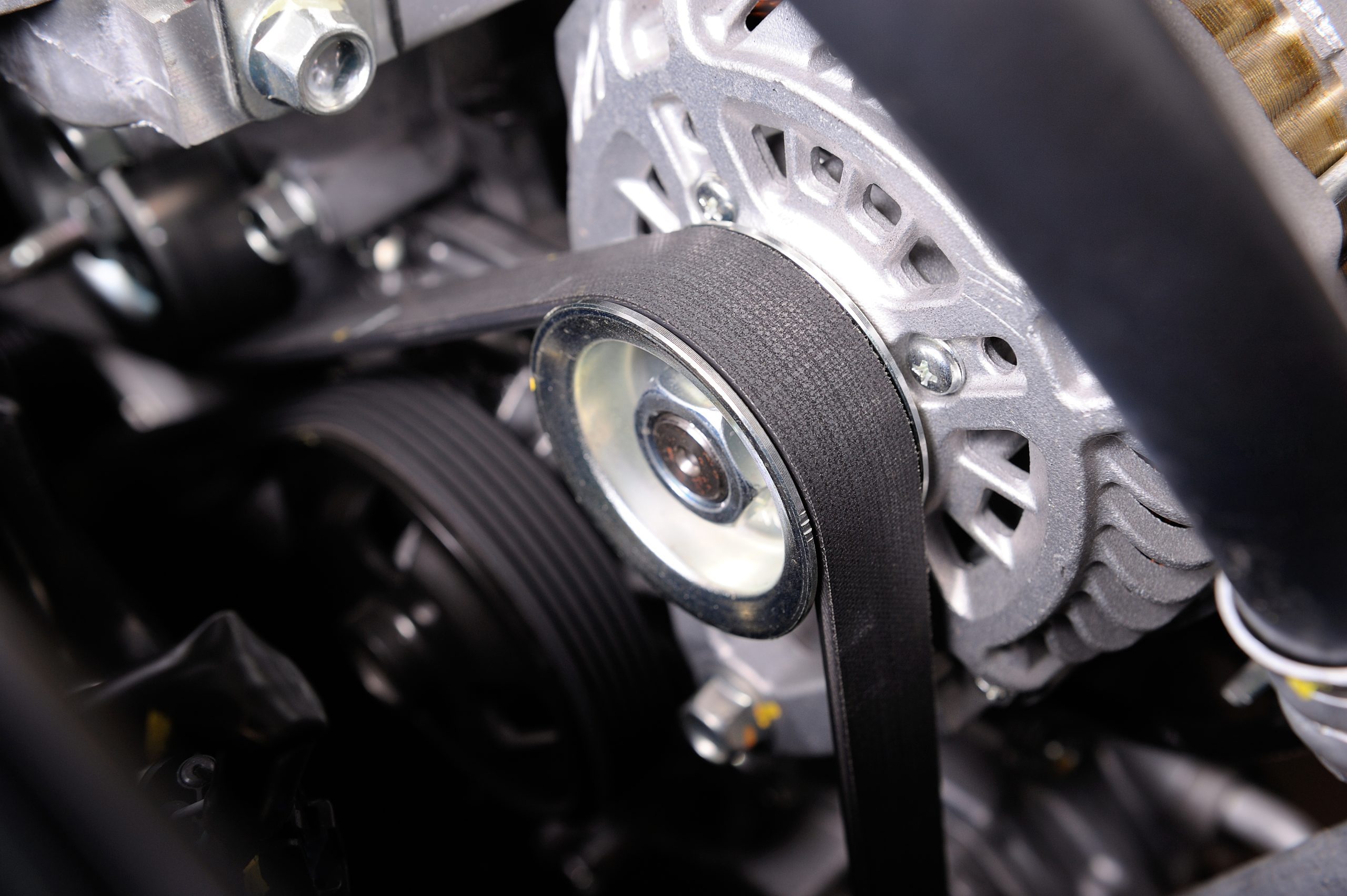
6 Signs That I Need To Replace My Vehicle’s Timing Belt
If you’re like most drivers, you don’t give much thought to your vehicle’s timing belt until something goes wrong. But this small part plays a crucial role in keeping your

If you’re like most drivers, you don’t give much thought to your vehicle’s timing belt until something goes wrong. But this small part plays a crucial role in keeping your
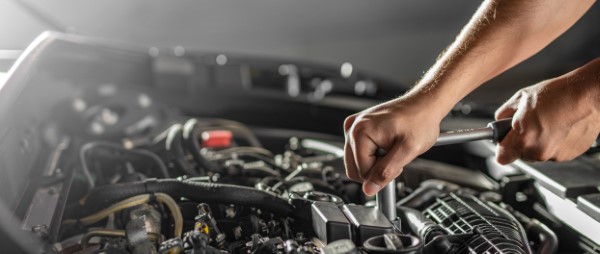
Cars often communicate their health and needs through sounds, but many drivers don’t pay attention or simply blast the music louder. The thought of ignoring the sound until it sorts itself out is quite wrong. That’s why we have prepared five strange sounds your car might make and what they could signify.
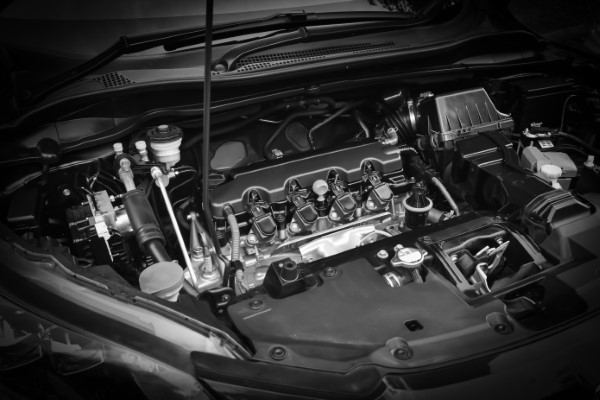
Imagine the smooth rumble of a diesel engine as it powers down the street—a sound and sensation familiar to many diesel vehicle fans and owners.

As a critical component of your vehicle’s powertrain, the cylinders in your engine play a vital role in the combustion process that propels your car forward. While the cylinders themselves may not require direct maintenance, it’s essential to understand that their proper functioning is dependent on the overall care of the engine.

As you sit in the driver’s seat, hands on the wheel, and foot on the pedal, there’s an intricate ballet happening beneath your car. It’s the dance of the transmission, a mechanical masterpiece that transforms engine power into motion. But have you ever wondered how manual and automatic transmissions work their magic?
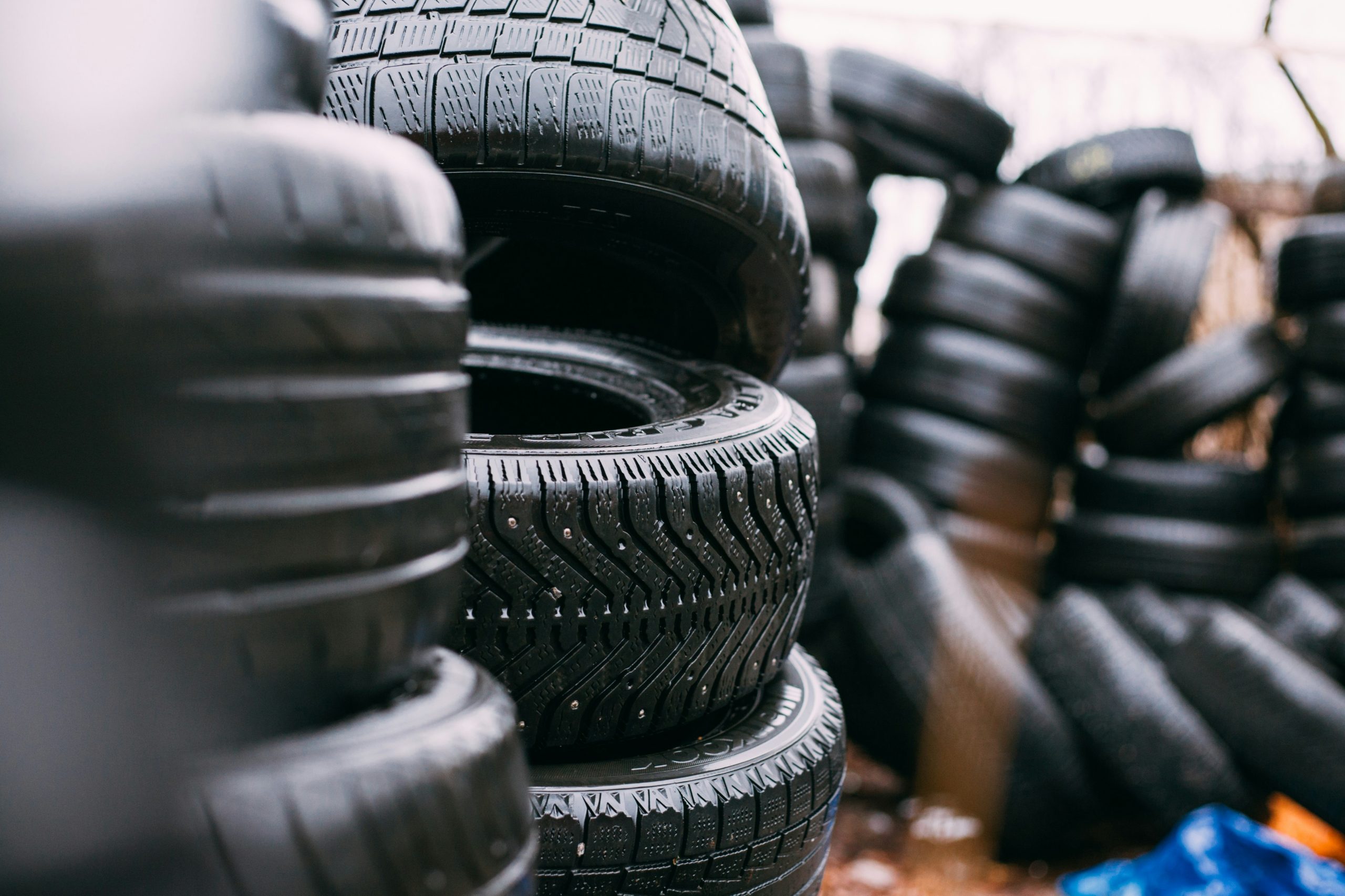
When it’s time to buy tires for a car, truck, or SUV, most people consider the price and the brand. Both of these things matter, of course, but there’s more
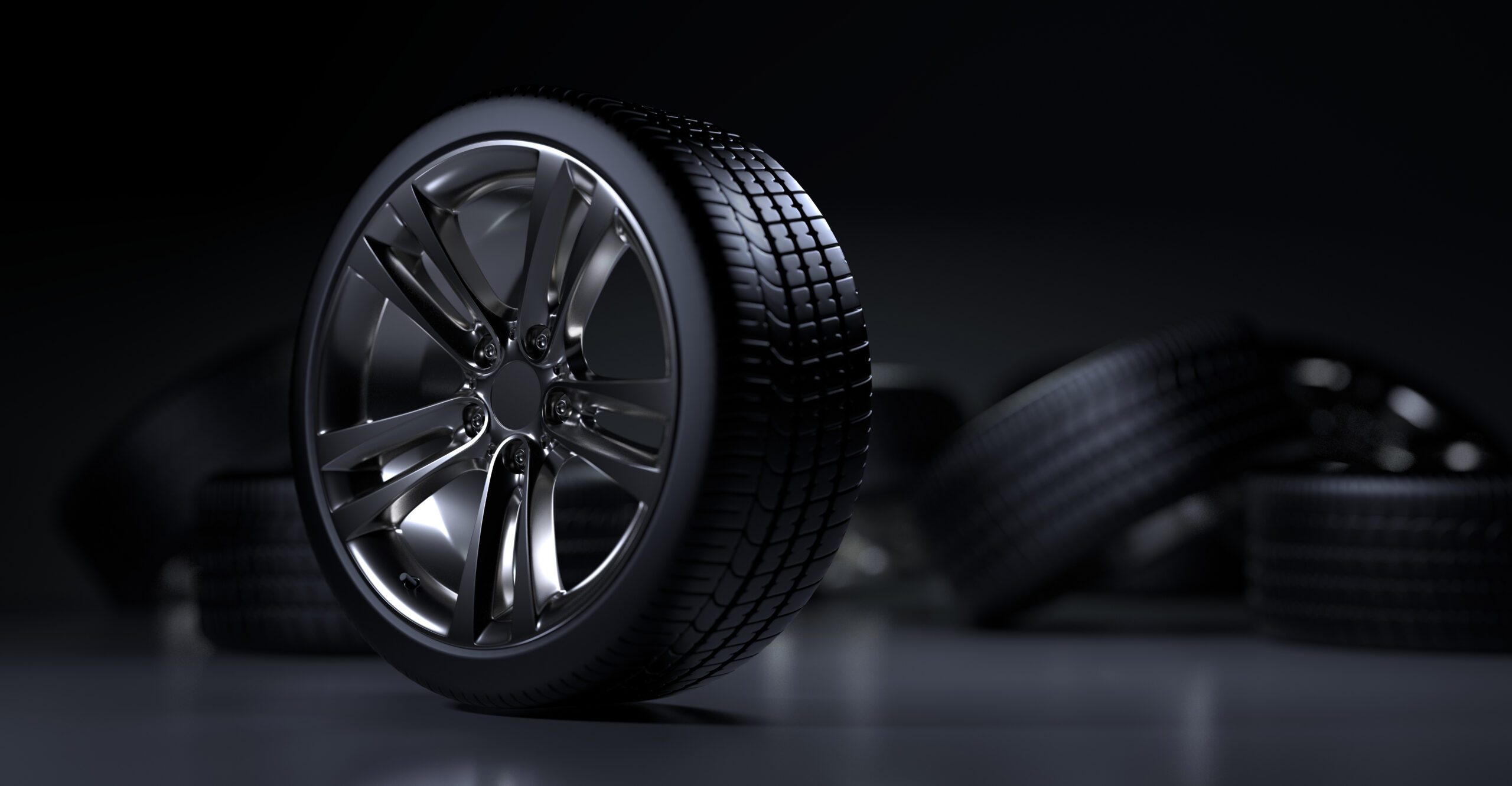
Close your eyes for a moment and picture your dream car. What does it look like? Maybe it’s sleek and futuristic, or perhaps it’s a rugged off-road beast ready to conquer any terrain. Now, open your eyes and take a closer look at those four-round marvels supporting your dream machine – the rims.
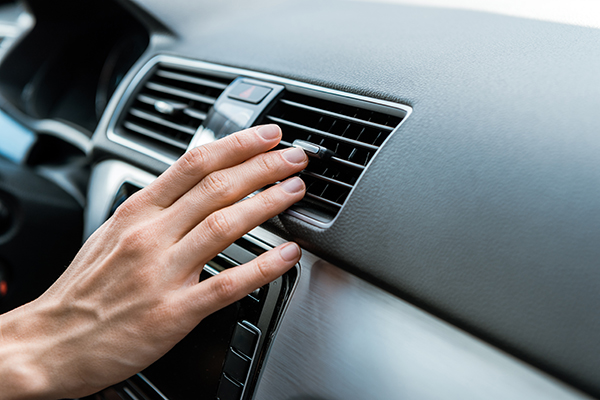
On a scorching summer day, stepping into your car and expecting a blast of refreshing cold air from the air conditioning system is a simple pleasure that we often take for granted. However, if you find yourself in a situation where your A/C is blowing warm air instead, it can be quite frustrating. Here are a few reasons for this problem and steps you can take to prevent or fix it.

Automatic transmissions have come a long way in providing smooth shifting, enhanced performance, and improved fuel efficiency. As automotive technology continues to advance, several automatic transmissions have gained acclaim for their exceptional performance and innovative features. Exactly that will be today’s topic, here are three of the best automatic transmissions that have proved themselves throughout the years.
346-369-7477
Mon - Fri: 7 AM - 6 PM Sat - Sun: Closed
2839 Chimney Rock Road, Houston, TX, 77056